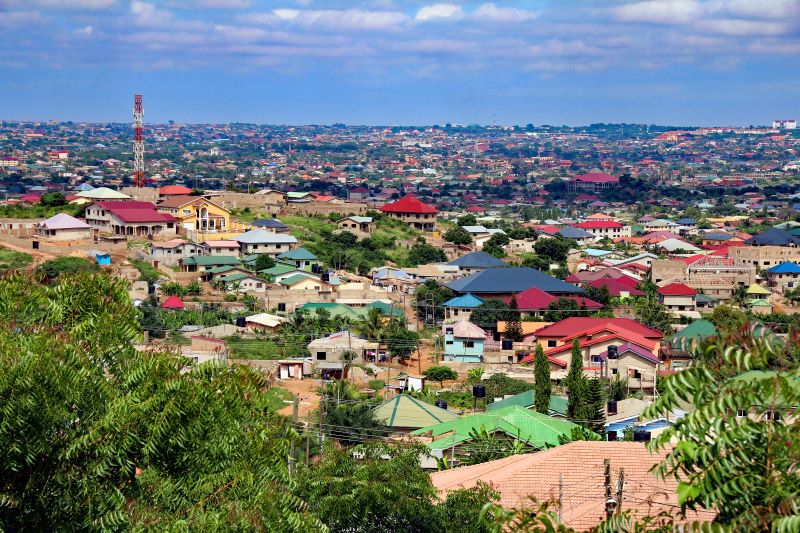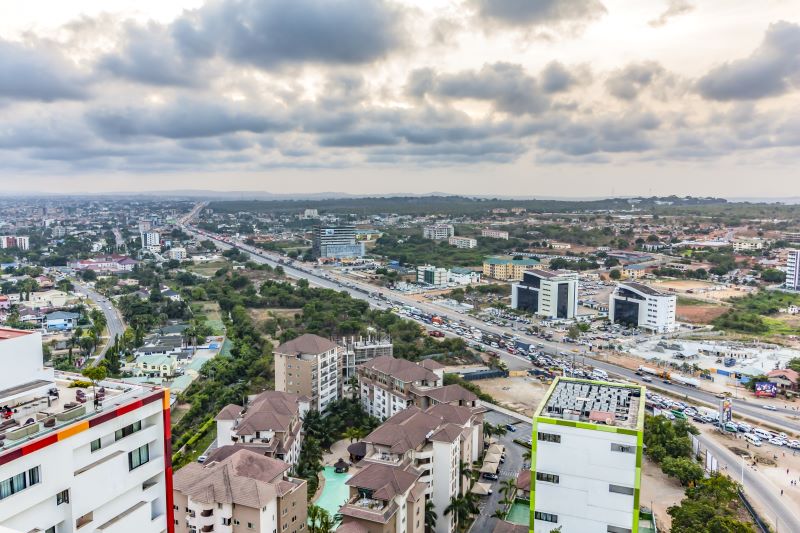Over the last few years, the World Bank has put a lot of thought and resources behind making contracting more transparent and to build up the capacity of citizens to get what they are paying for through government procurement. The bank has designed and financed innovative community-driven projects that publish contracts, it has backed programs like the Extractive Industries Transparency Initiative and the Construction Sector Transparency Initiative alongside Open Contracting, it has put together a powerful database of road costs based on World Bank contracts, and it has put out a lot more data on bank-financed contracts themselves.
But we were promised more. In June 2013, Caroline Anstey, then managing director of the World Bank, spoke at closing plenary of the G-8 Conference on Tax, Trade and Transparency:
Starting on July one this year, we will publish all contract awards of World Bank Group–executed contracts above $250,000. We will mainstream “open contracting” in our new procurement policy.… Following IFC’s example on disclosing contracts from its borrowers in extractive industries, we will also work with client governments to open contracts linked to World Bank Group operations.… We’ll mainstream open data approaches in our projects and operations for activities that produce or acquire data and continue to support governments and civil societies to collect, monitor and use data.
Nearly a year after that speech, we’ve seen … not so much. With the bank’s spring meetings convening this weekend, I hope to see the World Bank move to regain its leadership on this issue. Here are three ideas:
-
Follow through on the commitment to start publishing World Bank Group–executed contracts. And in the spirit of open contracting, publish all of the upstream and downstream documentation that goes along with the procurement process.
-
Set a policy that all bank-financed contracts should be public, with specific guidelines regarding redaction or exception due to privacy, commercial secrets, and national security concerns.
-
Ramp up support for open contracting and open government more broadly. What about a trust fund to help countries meet their commitments to the Open Government Partnership?
As part of the ongoing reorganization, the World Bank’s procurement experts are being housed with the governance team rather than with core services. That’s a welcome sign that the bank’s leadership wants to move from a box-ticking, ring-fencing model for engagement in government contracting to a model based on delivering reform and building institutions at the country level. Now would be the time to give those experts the mandate, credibility, and resources to deliver on that agenda.
CGD blog posts reflect the views of the authors, drawing on prior research and experience in their areas of expertise.
CGD is a nonpartisan, independent organization and does not take institutional positions.





